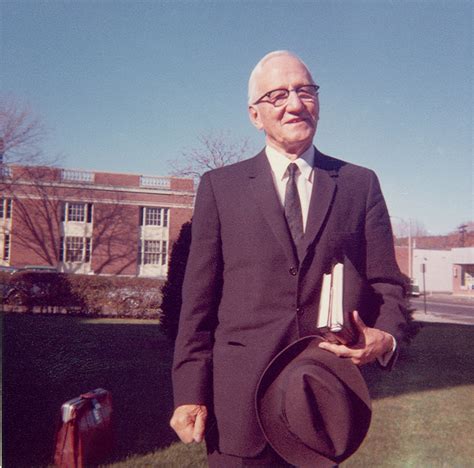A Quote by Jonathan Safran Foer
I think there's going to be something that happens now, where books move in two directions, one toward digitized formats and one toward remembering what's nice about the physicality of them.
Related Quotes
I've been criticized by many anarchists as believing that anarchism is impossible without affluence. On the contrary, I think affluence is very destructive to anarchism. If you are absorbed by that commodity world then you're not going to move toward any radical positions, you're going to move toward a stance of protectiveness.
When something goes wrong, what's the best course of action? To change your direction. The word repentance means to stop going one direction (your own way) and turn toward the right direction (God's way). Your past may be a part of who you are, but it certainly doesn't have to define your future. Or if you feel stuck and unable to change directions and move toward God, think of this transformation another way. The Bible says that God is the Potter and we are his clay (Jer. 18:2-6).
I do think American culture has shifted a little bit away from the contemplative more toward the visual, more toward the emotional, and more toward the expressive. I don't think there's a lot that can be done about that. We just have to understand that it's the product of technology and of the way people live now.
We must move from ... the primacy of technology toward considerations of social justice and equity, from the dictates of organizational convenience toward the aspirations ofself realization and learning, from authoritarianism and dogmatism toward more participation, from uniformity and centralization toward diversity and pluralism, from the concept of work as hard and unavoidable, from life as nasty, brutish, and short toward work as purpose and self~fulfillment, a recognition of leisure as a valid activity in itself.
A poem, as a manifestation of language and thus essentially dialogue, can be a message in a bottle, sent out in the –not always greatly hopeful-belief that somewhere and sometime it could wash up on land, on heartland perhaps. Poems in this sense too are under way: they are making toward something. Toward what? Toward something standing open, occupiable, perhaps toward an addressable Thou, toward an addressable reality.
I don't always know what's going to go on in terms of the mood of the story. Sometimes I start with the mood, but sometimes I just try to work toward discovering it. But I do think often there's a mood or unsettling quality, in which the reality of the world seems to be taken away, that I really love, and it's something that I almost always unconsciously move toward.
It was very definitely architectural. I was using the words on the page as some kind of equivalent of a physical model. But I never thought at that point that I wanted to move toward architecture. I wanted to move toward real space. Sure, that's probably another way of saying, I want to move toward architecture. But I didn't define real space in terms of architecture, then.
When I get the possibility of using a character like Bruce Wayne or Dick Grayson, I try and think about what's most exciting or interesting about them as a person, so I try and think what they are at their core, or what piece of their psychology do I gravitate toward that I respect, and I'm excited by it when I read books about them.







































